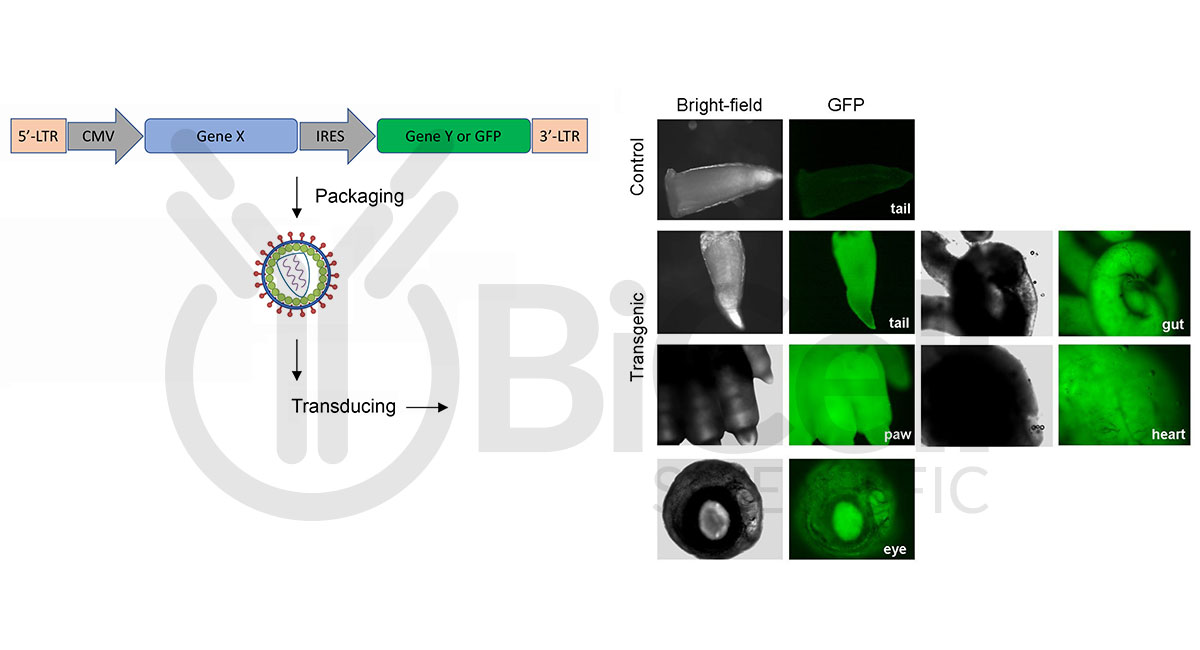In situ hybridization enables the detection and precise localization of a specific nucleic acid sequence within an individual cell. The nucleic acid sequence is bound specifically in a tissue section by complementary base pairing, that is, hybridization, with a detectable nucleic acid segment called a probe.
BiCell Scientific Inc has developed and validated an in situ hybridization kit for mRNA detection based upon DIG-labeled oligonucleotide probe. The kit can be used for both cryosections and FFPE sections of rodent or human tissues. BiCell Scientific Inc has developed an algorithm to calculate the GC:AT ratios of oligonucleotides in order to maximize the hybridization efficacy. Each kit includes a validated oligonucleotide probe that has been selected for the target gene.











Reviews
There are no reviews yet.